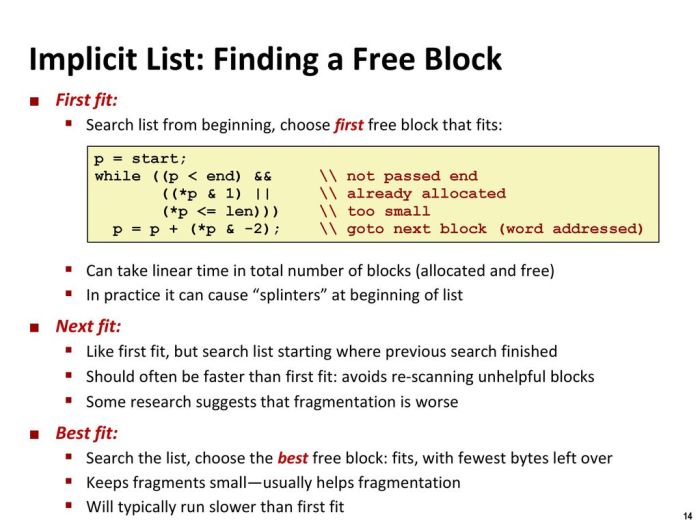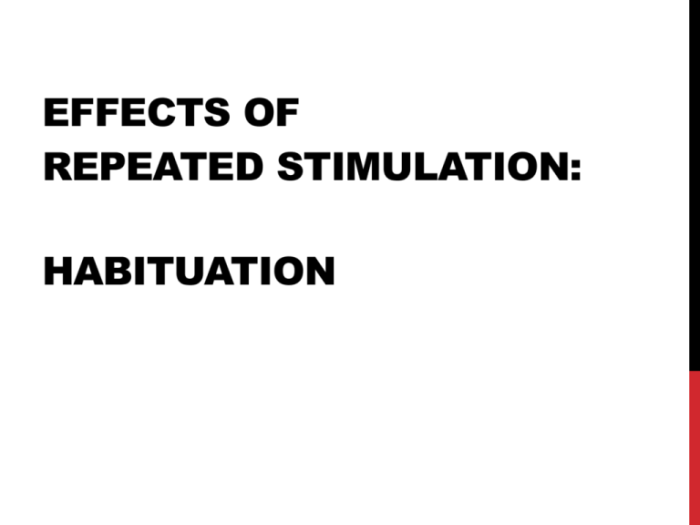Inaccurate or unhelpful cognitions should be addressed by mental health professionals to promote optimal mental health. These distorted thought patterns can significantly impact an individual’s well-being, contributing to psychological distress and hindering personal growth. Understanding the nature and characteristics of inaccurate and unhelpful cognitions is crucial for developing effective therapeutic interventions that challenge and modify these negative thought patterns.
Cognitive therapy, a widely recognized evidence-based practice, plays a pivotal role in addressing inaccurate and unhelpful cognitions. Through cognitive restructuring techniques, therapists guide individuals in identifying, evaluating, and modifying their negative thought patterns. This process involves examining the evidence supporting these cognitions, challenging their validity, and developing more adaptive and realistic thought patterns.
Inaccurate Cognitions

Inaccurate cognitions are faulty or distorted thoughts that do not accurately reflect reality. They are characterized by:
- Overgeneralization
- All-or-nothing thinking
- Mental filtering
- Disqualifying the positive
- Jumping to conclusions
These negative thought patterns can significantly impact mental health, contributing to anxiety, depression, and other psychological distress.
Unhelpful Cognitions
Unhelpful cognitions are those that do not serve a useful purpose and can hinder adaptive functioning. They differ from inaccurate cognitions in that they may not necessarily be false, but they can still be maladaptive.
- Worrying
- Ruminating
- Catastrophizing
- Self-blame
- Negative self-talk
These unhelpful cognitions can perpetuate psychological distress and make it difficult to engage in healthy coping mechanisms.
Addressing Inaccurate and Unhelpful Cognitions
Addressing inaccurate and unhelpful cognitions is crucial for improving mental health. Therapeutic approaches include:
- Cognitive restructuring
- Cognitive behavioral therapy (CBT)
- Dialectical behavior therapy (DBT)
Cognitive restructuring involves challenging and modifying negative thought patterns by identifying the underlying distortions and developing more adaptive ways of thinking.
Strategies for Identifying and Modifying Cognitions, Inaccurate or unhelpful cognitions should be addressed by
To identify inaccurate and unhelpful cognitions, it is helpful to:
- Keep a thought journal
- Challenge negative thoughts
- Consider alternative perspectives
- Focus on evidence
To modify negative thought patterns, techniques include:
| Technique | Description |
|---|---|
| Thought stopping | Stopping negative thoughts in their tracks |
| Positive self-talk | Replacing negative thoughts with positive ones |
| Cognitive reappraisal | Reframing negative thoughts in a more positive light |
- Fostering positive and adaptive cognitions
- Practicing mindfulness
- Setting realistic goals
User Queries: Inaccurate Or Unhelpful Cognitions Should Be Addressed By
What are the common characteristics of inaccurate cognitions?
Inaccurate cognitions are often rigid, overgeneralized, and based on limited or distorted information. They may also be polarized, seeing situations in extremes with no middle ground.
How can unhelpful cognitions contribute to psychological distress?
Unhelpful cognitions can lead to negative emotions, such as anxiety, depression, and anger. They can also interfere with problem-solving, decision-making, and interpersonal relationships.
What are some practical strategies for identifying inaccurate and unhelpful cognitions?
Individuals can keep a thought record to track their thoughts and identify patterns. They can also challenge their thoughts by asking themselves if there is evidence to support them and if there are alternative ways of thinking about the situation.

